Now the new year is finally here and people are settling in, it might be time to start getting back on top of your gardening, but where do you start? We’ve compiled a list of the top trends happening in 2020 so you can keep your garden fresh new and forward-thinking for the new decade!
Go Supersized
This year we’re going to see more and more people buying large plants to fill not only their gardens but their homes too! We’re expecting many of you to be filling large plant pots and containers to create real showstopping focal points. We’ll break down some of our favourite large garden plants and large house plants to give you some inspiration for the new year.
Large Outdoor Plants
The outdoor plant we’ve chosen has unique qualities as to why we think it deserves a spot on the list. Whether it’s big leaves or flurries of large vibrant flowers there are hundreds of large outdoor plants on our website.
Sweet peas have and always will be a fan favourite amongst gardeners and when you see the mixture of colours the flowers produce you can see why! These plants will grow to around 200cm high on long stems of green foliage. Once grown they create a wild profusion of colour that you can’t help but admire.
Large Indoor Plants
You might be thinking ‘how large is a large houseplant?’ and ‘what are good large houseplants?’ well you’re in the right place to find out. Large indoor plants can be deceiving, it’s all about how large their features are as opposed to how physically large the plant is. Look for plants with large flowers or large leaves. Also, long slender plants such as orchids still create a sense of grandeur. We have picked a houseplant that isn’t necessarily huge but it’s features are.
At a fully grown size of around 70-80cm this plant isn’t the largest but the beautiful leaves on it are huge! And they really stand out in rooms with minimal greenery. Rich green colours with red hues this plant will definitely be eye catching in your house. It’s velvety texture coupled with a decorative plant pot this plant will look very sophisticated and elegant in your home. A truly larger than life plant.
Sustainability, Sustainability, Sustainability
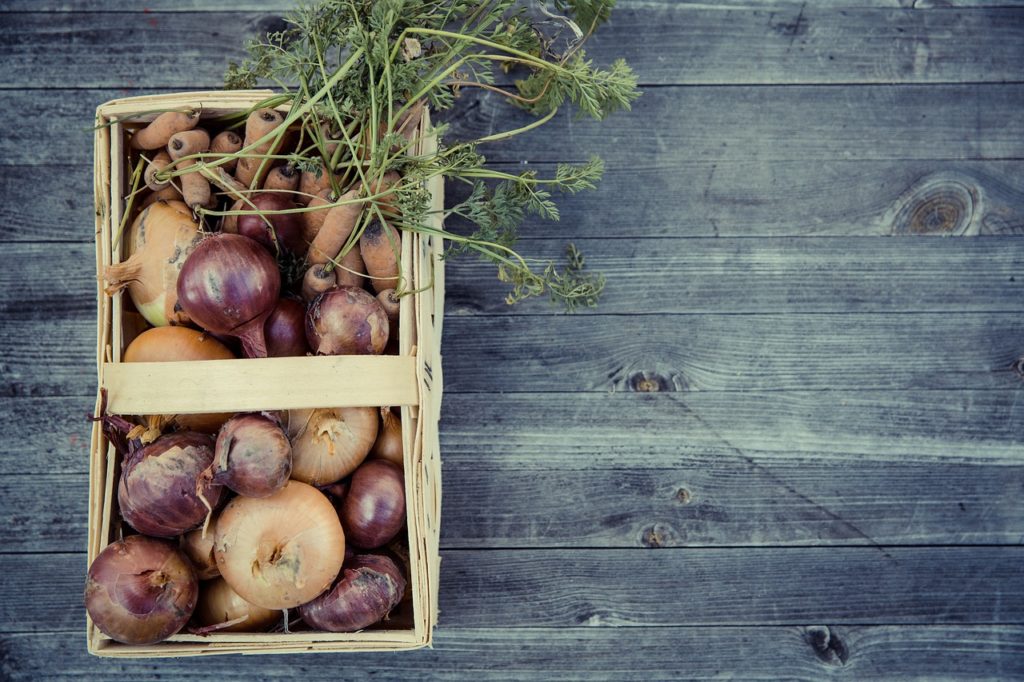
It’s at the top of everyone’s mind constantly at the moment and the conversations around sustainability and becoming more eco-friendly are only just beginning. This year the topic will be in the news every week. With that in mind, here are a few things you can do to create a more eco-friendly garden and be more sustainable this year.
What is sustainable gardening?
It’s all about being a conscientious gardener, everything you do in your garden should be with the thought of causing no harm to the earth and its inhabitants in mind. So don’t just cut a tree down without considering the consequences first. Here’s a few considerations to make your garden more friendly to the environment.
No more chemicals
It goes without saying that for years now many gardening practices have been proven to work just as well without using any chemicals. A truly organic garden.
Au Natural
People this year will be embracing imperfect looking gardens to create an environment for local wildlife. Create designated areas of your garden for imperfection; plants that leave seedheads for insects, bug hotels etc. It all goes towards the bigger picture of being more environmentally friendly.
How do I make my vegetable garden sustainable?
First of all, you’re already on your way to becoming more sustainable if you’re growing your own vegetables. You may be thinking you don’t grow enough or as much as you’d like to but there are ways around growing more in small gardens and we’ll share some tips now.
Growing more in less
When growing vegetables at home first consider planting veg that grows quickly. We have many ranges of potatoes now that grow in much less time, therefore taking up room in your garden for less time.
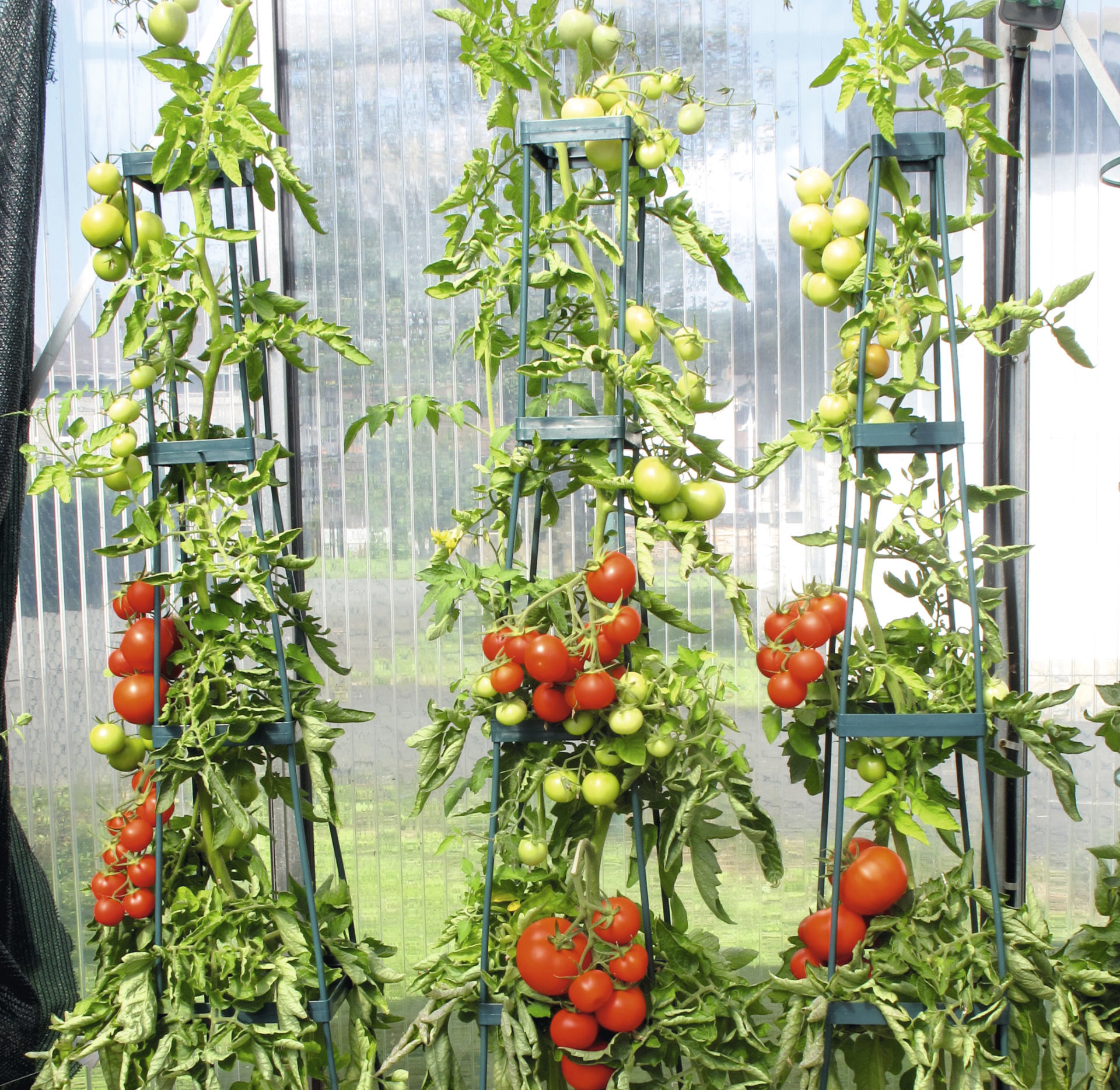
Use trellises and other sustainable materials to grow fruit and vegetables vertically. This will mean you can pack more into less space. A great place to start is looking at our range of Grafted Vegetable Plants. Up to 75% more crops than a standard plant and easy to grow.
Don’t just think it’s outside you can be more sustainable, try growing herbs in your kitchen. Before you know it you’ll have readily available, fresh herbs for cooking in no time. Start creating your own mini herb garden with our Herb Seed Collection.
A little give and take
Once you’ve enjoyed eating all the lovely fruit and veg you have grown remember to give back to earth by composting! Very easy to do and will make you even more sustainable in the future as you can use it to grow more crops. Using tools such as the Hotbin Mk.2 Composter you’ll an eco friendly vegetable garden in no time!
Reusing vs Recycling
We should all strive to use less plastic in general whether it’s in your home or using a paper straw at your local restaurant but it’s still difficult to avoid completely. So we have some alternatives to just binning some classic household rubbish and reusing it around your garden.
Milk Cartons
Although recyclable, try reusing them first! They can be used as seed starters, small planters and even bird feeders.
Wine Bottles
Wine bottles can be used very effectively as automatic plant waterers. They work perfectly during the summer months. If you have decorative bottles they’ll look great in the garden.
Plastic Bottles
Often not environmentally friendly these plants can redeem themselves slightly by being used to secure netting to flower beds, as bird feeders or as shields for emerging shoots.
Plan Your On-Trend 2020 Garden
So just a few of the big trends coming up in 2020 but of course these will be sticking around for a long time after. The key things to remember are:
- Go large with plants, indoors and outdoors.
- Consider the environment when adding or removing plants.
- Go for the natural look, bug hotels, compost etc.
- Grow as much yourself as possible, it’s good for the planet and very rewarding.
- Reuse those household items around the garden, get creative with your ideas!
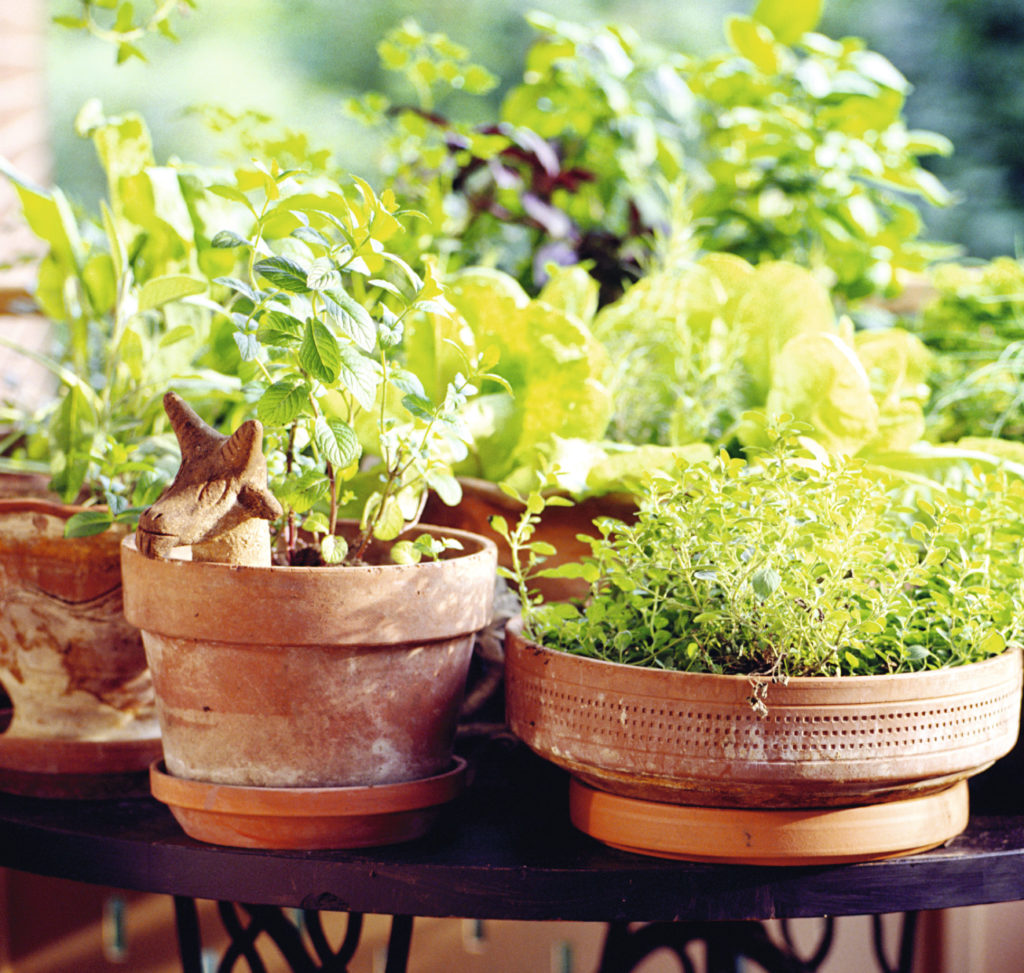
Last Updated on December 27, 2023 by Suttons Horticultural Team

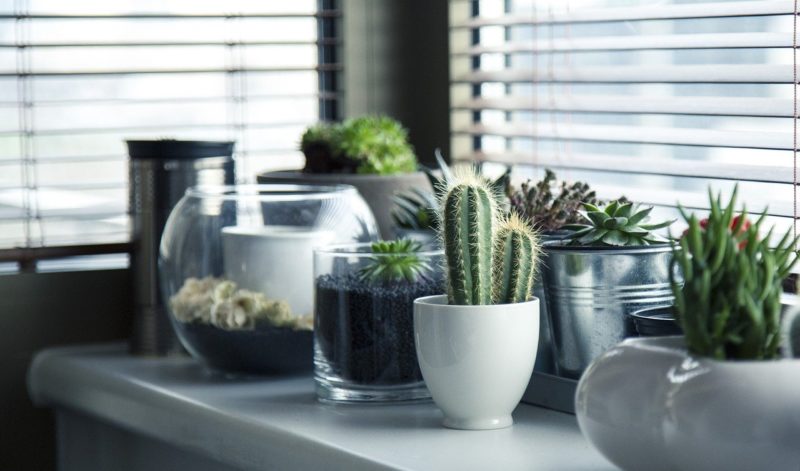
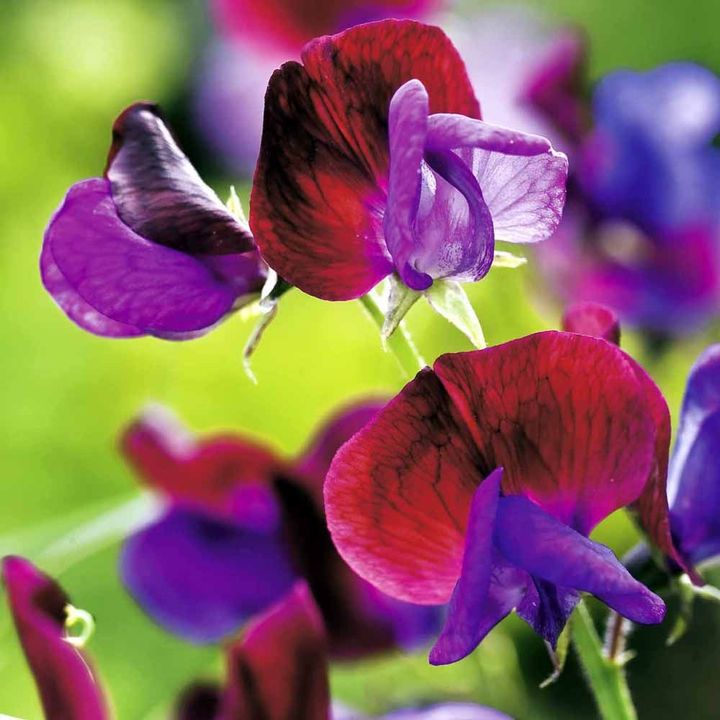


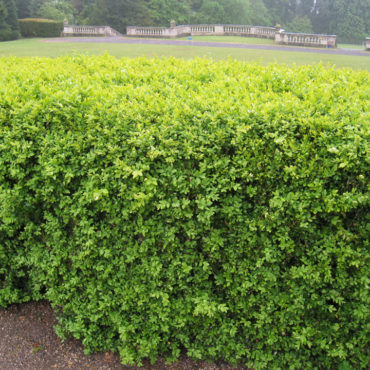
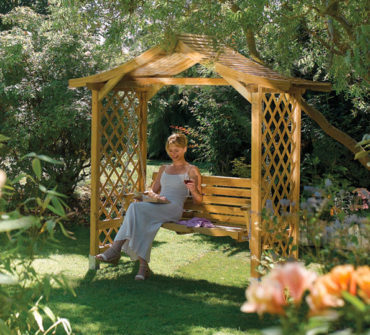
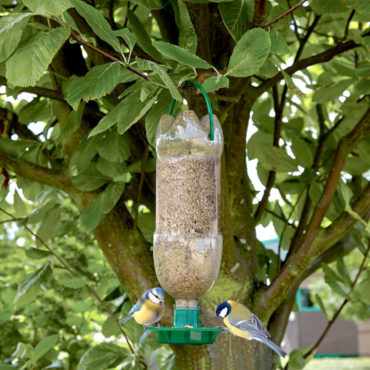
Definitely sustainability so far!